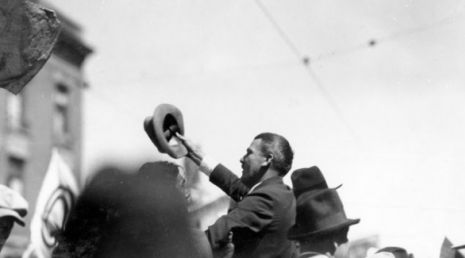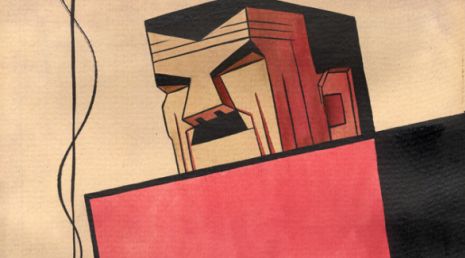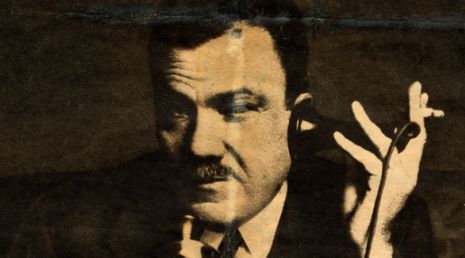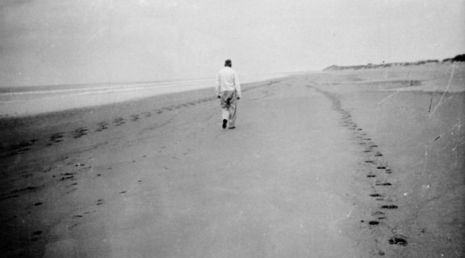Objectivity/ Subjectivity
Filmmaker Lourdes Portillo, Alpert Award winner in Film/Video 1999 interviewed Natalia Almada via email, March-April, 2011.
El General was particularly delicate because there was a collision of the private and public in making a film about a man who was both my great-grandfather and a historical/political figure. I often felt frustrated by the expectation to be "clear" or "historically accurate" because I was working within the documentary tradition.
Yet, I was much more interested in exploring the process of remembering which is a very personal and subjective process. I found inspiration in my grandmother's recordings in which the moments when you could feel the vulnerability of memory were the most moving and beautiful. I wanted to rescue that quality of her recordings in the film.
I was also interested in looking at how class and power give certain people the privilege to participate in history while erasing and silencing others. If we look at history this way, then it too becomes a very subjective accounting of the past.
A part of me wishes that we could discard these categories of documentary and fiction because in them lie numerous hidden values that I don't agree with. For example, fiction is always more cinematic than documentary. Why? Says who? For me, something to hold onto about the term "documentary" it is not it's adherence to truth and objectivity, nor its educational value or it potential to instigate change, but rather the process.
For me the documentary process is a kind of improvisation with reality,
which I find exhilarating. This happens as I look through the lens, and as the structure of the film takes shape. I wouldn't say it is an accident, but it is my response to a situation or a given circumstance. This 'improvisation' is what keeps me curious.
My work is an exploration largely about form, not only about content. One can make a film just about anything, what matters is how one makes the film, just as in photography it not what you photograph that really matters but how you frame.
Content is really just a pretext.
Unfortunately it is a pretext that often gets in the way of really seeing what we are looking at. As Susan Sontag wrote in her 1961 essay Against Interpretation, "our task is to cut back on content so that we can see the thing at all."
I am not interested in objectivity. I would replace the idea of objectivity, that in journalism and documentary, I think, is meant to secure a certain fairness, with respect and responsibility. Particularly when shooting other people, the integrity lies in being respectful and responsible, not in erasing oneself, which is what is implied in objectivity.
I remember in particular when shooting El General I thought of my camera as a kind of two way mirror in which I was seeing outward but I was also being looked at. The encounters I had with people were as much about them as they were about me; about my place in this society and culture, about how I am perceived and treated.
I like to think of filming as a triangular relationship between the subject, camera and photographer and not just as the photographer taking the picture of the subject.
There is a scene in El General that is shot in the women's car of the metro in Mexico City. I love it not only because of the women's expressions and the neon light and movement of the subway car, but also because I know that only a woman could have shot it. There is no objectivity.





